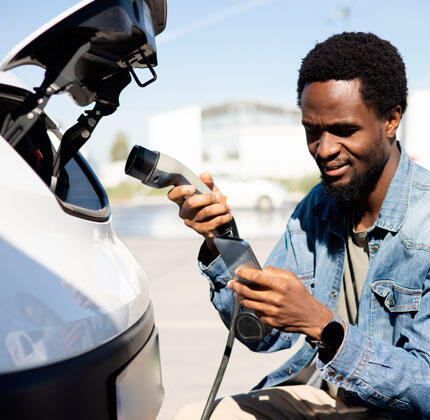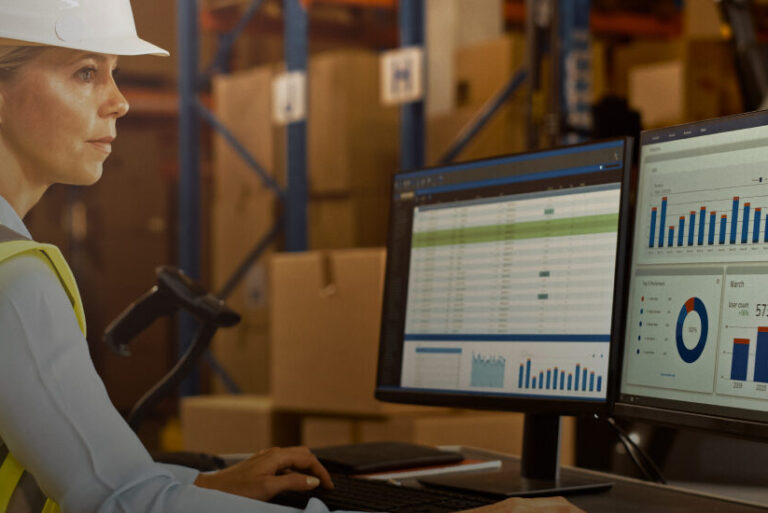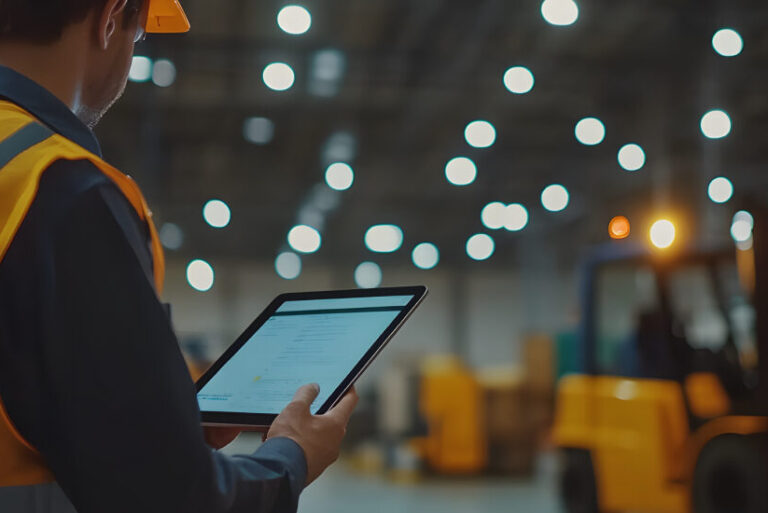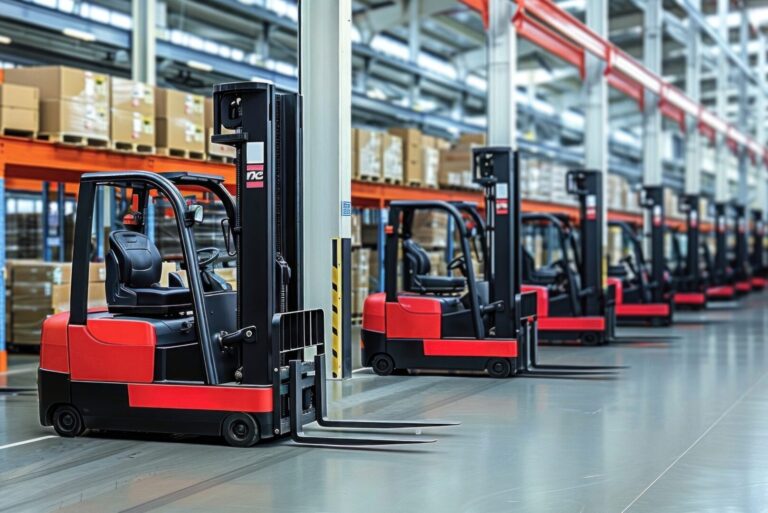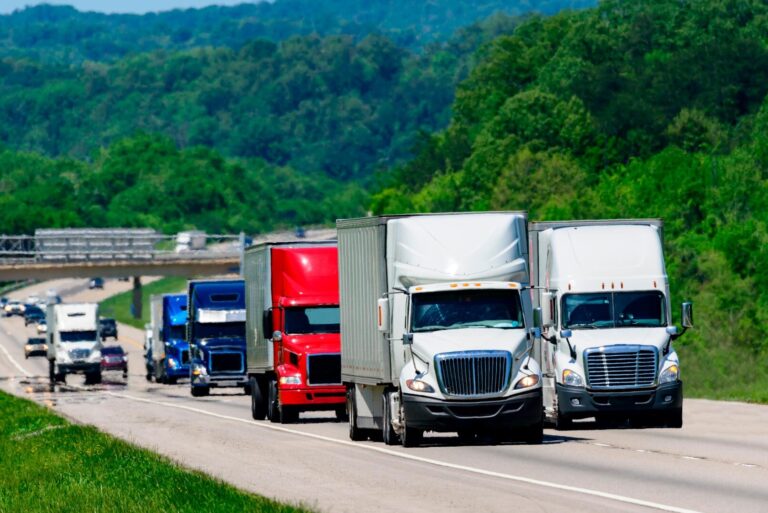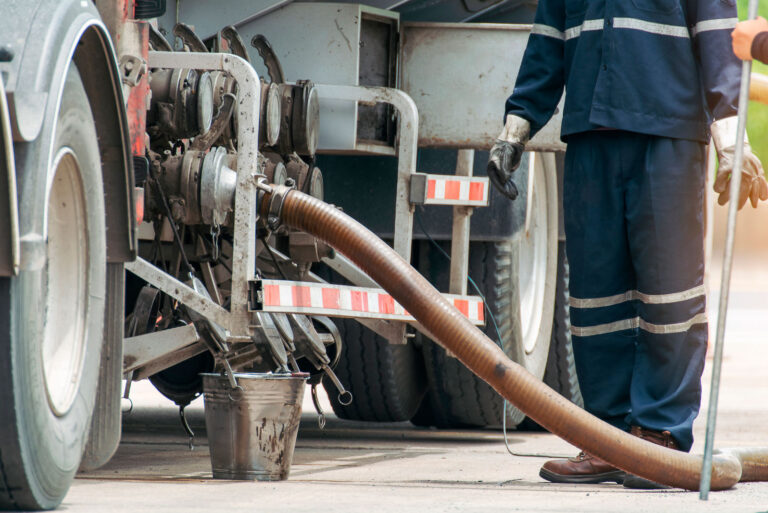Changes to Washington’s Economy: Understanding the Impacts of the Clean Fuel Standard
May 14, 2023
The Clean Fuel Standard was introduced to Washington State in January 2023. Modeled after a similar program in California, the Clean Fuel Standard incentivizes the adoption of low-carbon fuels in the transportation sector by allowing electric vehicle owners to earn credits for their reduced emissions.
This new program will have major impacts on Washington’s economy over the next sixteen years, with effects on fuel prices, electric charging station infrastructure, and economic incentives for electric vehicle owners.
This article explains the economic impacts the Clean Fuel Standard may have over the coming years and explores how EV fleet owners can benefit.
Understanding Washington’s Clean Fuel Standard
The Clean Fuel Standard (CFS) was implemented in Washington State in January 2023. The program limits the carbon emissions of petroleum-based fuel suppliers and incentivizes the adoption of low-carbon fuels in the transportation sector. These incentives help Washington fleet owners transition their fleets without financial strain and help prepare the transportation sector for a low-carbon economy.
Read more about the Washington CFS: Washington Clean Fuel Standard: Fleet Owner’s Guide
The CFS system is based on California's Low Carbon Fuel Standard (LCFS) which was implemented in 2011. Over the past decade, the LCFS has become a major factor in California’s economy by significantly lowering the state’s oil-based fuel usage and diversifying its fuel pool with alternate fuel vehicles. To understand if the CFS will have similar impacts on Washington’s economy, the Washington Department of Ecology conducted an economic impact assessment that analyzed the potential impacts on businesses, industries, and consumers throughout Washington State.
Impacts of the CFS on Washington’s Economy
Under the Clean Fuel Standard, vehicles in Washington State will begin transitioning to low-carbon fuels, with the goal of reducing carbon emissions to 20% below 2017 levels by 2034. As a result of incentivizing low carbon fuel usage, the Washington Department of Ecology predicts that the fuel pool of Washington will drastically change over the next sixteen years, with the following fuels becoming the most prominent throughout the transportation industry:
- Electricity
- Renewable natural gas
- Renewable diesel
- Biodiesel
In addition to these low carbon fuels becoming more commonly used, they will also become more affordable over the life of the CFS. The economic impact assessment predicts that electricity as a fuel will steadily reduce from its current price of $1.833 per gasoline gallon equivalent (GGE) to $0.020 GGE by 2038.
Gasoline and diesel prices will fluctuate over the course of the CFS, with consumer gasoline increasing by a minimum of $0.193 per GGE and diesel increasing by $0.171 per GGE by 2033. However, these prices will likely decrease after 2033 as gasoline and diesel decline in usage.
Similar to California’s LCFS and other existing low-carbon fuel programs across the West Coast, the CFS will generate financial resources that will promote the building of alternate fuel infrastructure. This includes electric vehicle charging stations and hydrogen fueling stations across the state that will support the substantial influx of alternate fuel vehicles on the road. This will be especially impactful to electric fleet and long-distance transportation vehicles, which have previously lacked charging stations outside of metropolitan areas.
These changes will likely have drastic impacts on Washington’s economy, with more jobs in the electric utilities industry, as well as up to $3.8 billion saved from reduced healthcare costs due to lower air pollution levels. Financial incentives for fleet owners will help expedite this transition.
How Electric Vehicle Fleet Owners Can Benefit
As these changes become prominent across Washington, fleet owners can begin their transition to low carbon vehicles early. Washington will likely experience a rise in gas and diesel over the coming years as a result of the CFS, and switching to electric vehicles will help avoid fluctuating fuel prices. Studies have found that electric vehicles can save fleet owners up to $14,500 per vehicle over 15 years in fuel costs alone.
Additionally, the CFS lets EV fleet owners earn one credit for every metric ton of carbon they offset through their reduced emissions. These credits can be sold on a state-wide market to fuel suppliers in a credit deficit, which can act as an additional source of revenue for fleet owners. Values of CFS credits are anticipated to be at their highest in the first few years of the program, so adopting low carbon fuels early will help maximize earnings.
EV fleet owners can take advantage of the CFS by partnering with Smart Charging Technologies, which applies, reports, and sells credits at no additional cost to the fleet owner, letting you earn CFS credits while knowing that your reporting is accurate and managed appropriately. SCT is one of the largest credit aggregators in the country and has extensive experience in other clean fuel programs across Canada and the West Coast. By selling credits in bulk, SCT ensures that you get the highest price for your credits with no hassle, letting you focus on your business and earn the highest revenue for your electric vehicles.
Read more about Washington’s Clean Fuel Standard and how Smart Charging Technologies can help you earn revenue through your electric vehicles:
Related Posts
